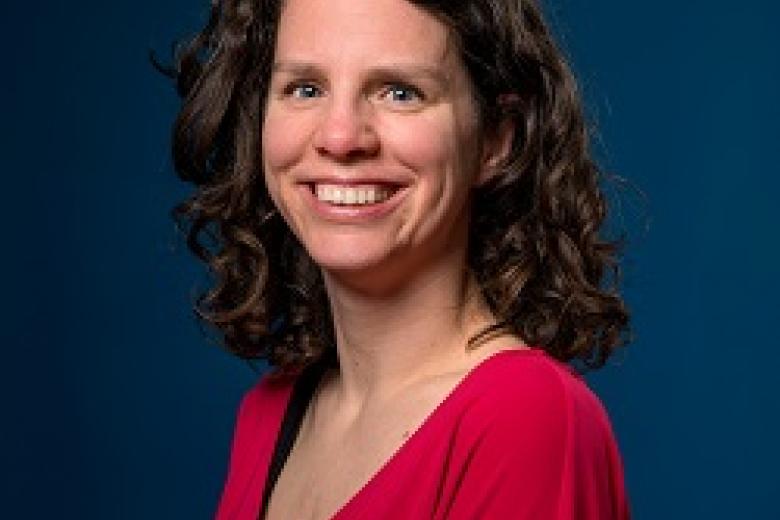Higher education in Limburg joins forces
Improved compatibility between each other’s study programmes and the combination of scientific and practice-oriented education and research to benefit the region, with a focus on IT/data science, health and science/chemistry: in a nutshell, this is the substance of the more intensive collaboration that Zuyd University of Applied Sciences and Maastricht University (UM) have cemented in a partnership agreement signed on 30 September 2021. The agreement has a clear goal for the students of tomorrow: students from Zuyd University of Applied Sciences will be able to progress smoothly to UM and vice versa. There will also be closer collaboration between study programmes combined with the possibility to exchange internship opportunities. The partnership between UM and Zuyd will not be starting from scratch, as this agreement builds on a rich history of collaboration between the two institutions.
More intensive cooperation will provide for a solid higher education cluster in Limburg, capable of making a major contribution to efforts to tackle social challenges and boost opportunities in the region and beyond. This complements the region’s transition to a modern knowledge-intensive economy and society, with excellent education and research forming the basis for the development of a sustainable, healthy and economically stable region. UM and Zuyd will contribute to this aim through joint projects in which knowledge and expertise are converted (‘valorised’) into concrete products and services.
Economic and social
Collaboration between UM and Zuyd is not a new development. The two universities already run many joint projects, programmes and initiatives, often involving government and industry. One example is CHILL (Chemelot Innovation and Learning Labs), the combined centre of expertise and vocational training for Chemistry and Materials on the Brightlands Chemelot Campus. Zuyd and UM are also strategic partners within the Brightlands AI Hub, where the province of Limburg is promoting the development of data science and AI (Artificial Intelligence) as an economic factor that will help to tackle social issues. In numerous projects, including the existing academic collaborative centres on aging and long-term care, public health, and sustainable healthcare, UM and Zuyd are also connecting research and education with policy and practice.
More focus
The partnership agreement will now provide for intensification and more focus. Zuyd and UM are committed to creating opportunities for students to move between study programmes at the two universities, and facilitating collaboration between programmes and the exchange of internship opportunities. In line with the broader social and economic agenda in the region, the focus is on three priority areas: IT/data science, health, and science/chemistry. The valorisation of education and research at Zuyd and UM within these areas strengthens the investment climate for business.
The agreement was signed by the chairs of the executive boards of Zuyd and UM, Luc Verburgh and Martin Paul, during the kick-off of the AI Hub at the Brightlands Smart Services Campus in Heerlen. This location is emblematic, as the collaboration between Zuyd and UM and a wide group of public and private partners is highly apparent at the Brightlands AI Hub.
Also read
-
PhD research shows impact of aggression on staff and patients in forensic care
Nienke Verstegen, researcher at De Forensische Zorgspecialisten, has conducted research on aggression within forensic care and its impact on patients and staff. On July 6, 2023, she will receive her PhD from Maastricht University with her dissertation 'Hurt people hurt people. Characteristics and...

-
No evidence of brain damage caused by severe COVID-19
Patients admitted to hospital due to a severe COVID-19 infection exhibit no evidence of brain damage caused by the disease. This is the conclusion of an extensive study led by Maastricht University.

-
Cold shivers?
Due to the Western lifestyle with a high fat diet combined with little exercise, more and more people in the Netherlands are overweight or even obese. This causes an increased risk of type II diabetes. What can be done about this besides a healthier lifestyle? The answer comes from an unexpected...
